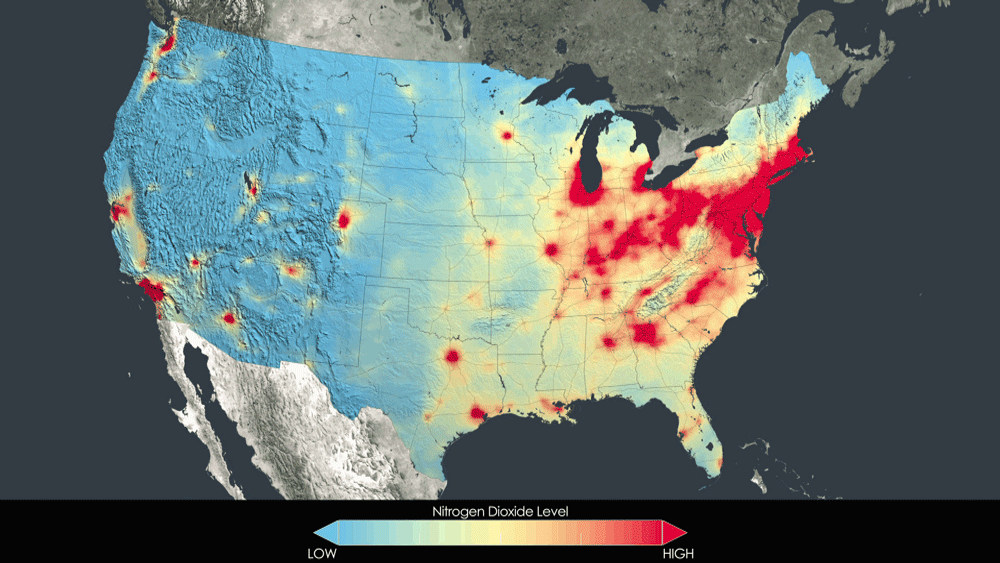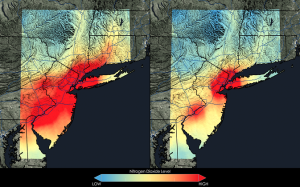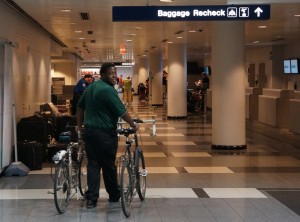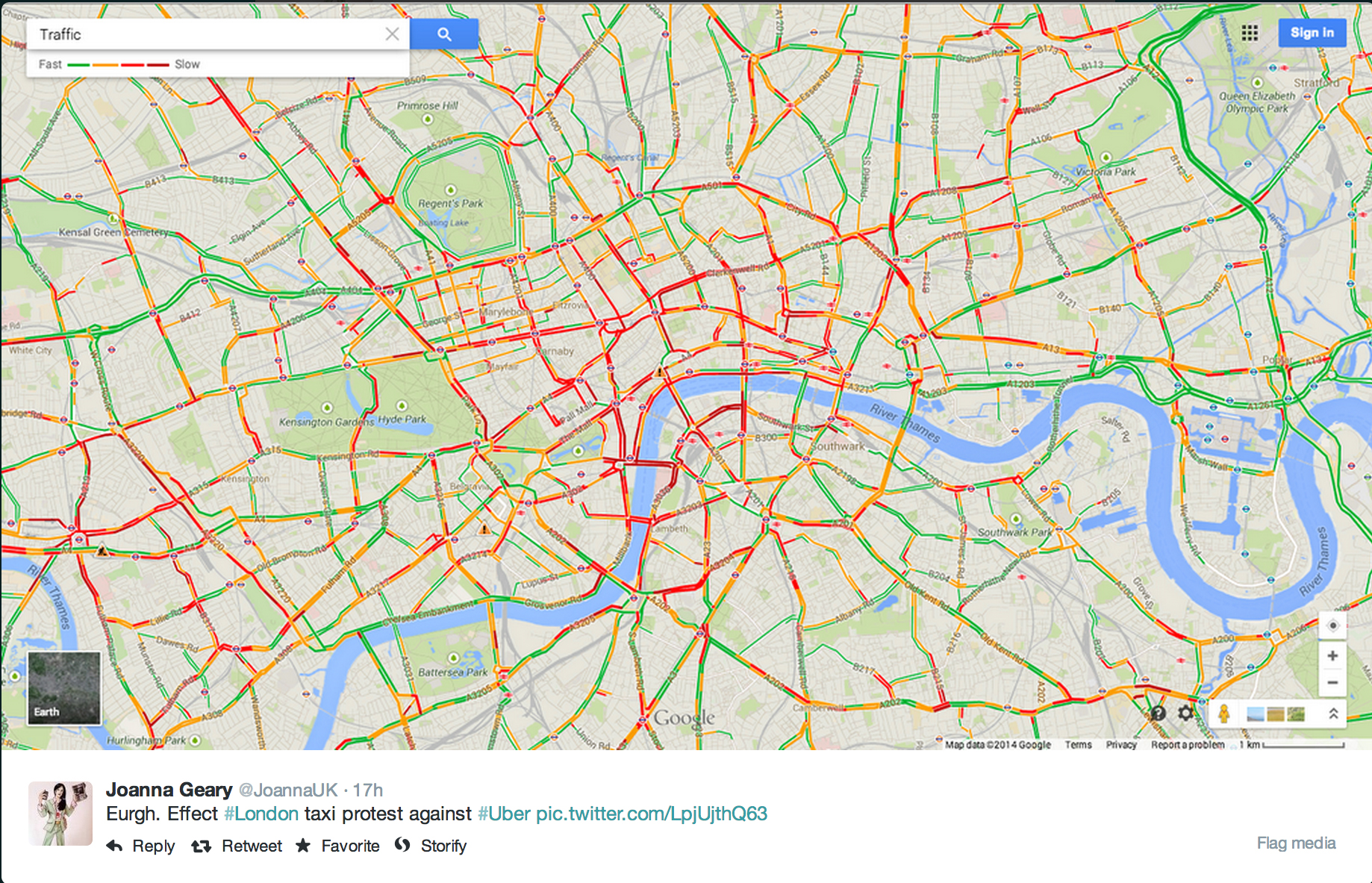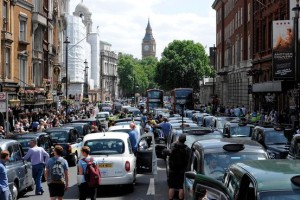Who says only motorists can show up in style? Valets are no longer only for cars. They are becoming an increasingly popular method of accommodating bicyclists at large events.
Here are just a few of the places where cyclists can show up and check their bikes.
- St. Louis has taken the luxury, convenience and style of car valets and offered the service for bicyclists heading to the state fair over Independence Day weekend. The St. Louis Post-Dispatch writes the service is like a coat check for cycles: “A fairgoer can hand over his or her bike to a valet, get a claim ticket and the valet will watch the bike until the owner picks it up.” Its all part of a plan to encourage alternative transportation and while it might not seem like an essential commodity, bike valets certainly beat the $30 cost of parking at the event.
- In Oregon, the Center for Appropriate Transportation provides bike valet service for various events. The system uses volunteers to park bikes and set up the parking area. At large events where parking prices can be at a premium, organizations such as the Center for Appropriate Transportation costs only between $140-$450 a day to run its bike valet service at events. Beside the convenience of having a valet, the constantly monitored parking also provides an added level of security for bicyclists who might be concerned about leaving their bike somewhere.
- Portland is also home to the largest daily bike valet service in the United States. It is free and runs five days a week for commuters. Besides adding security and convenience, Go By Park provides bike repairs that can be performed while commuters are away.

